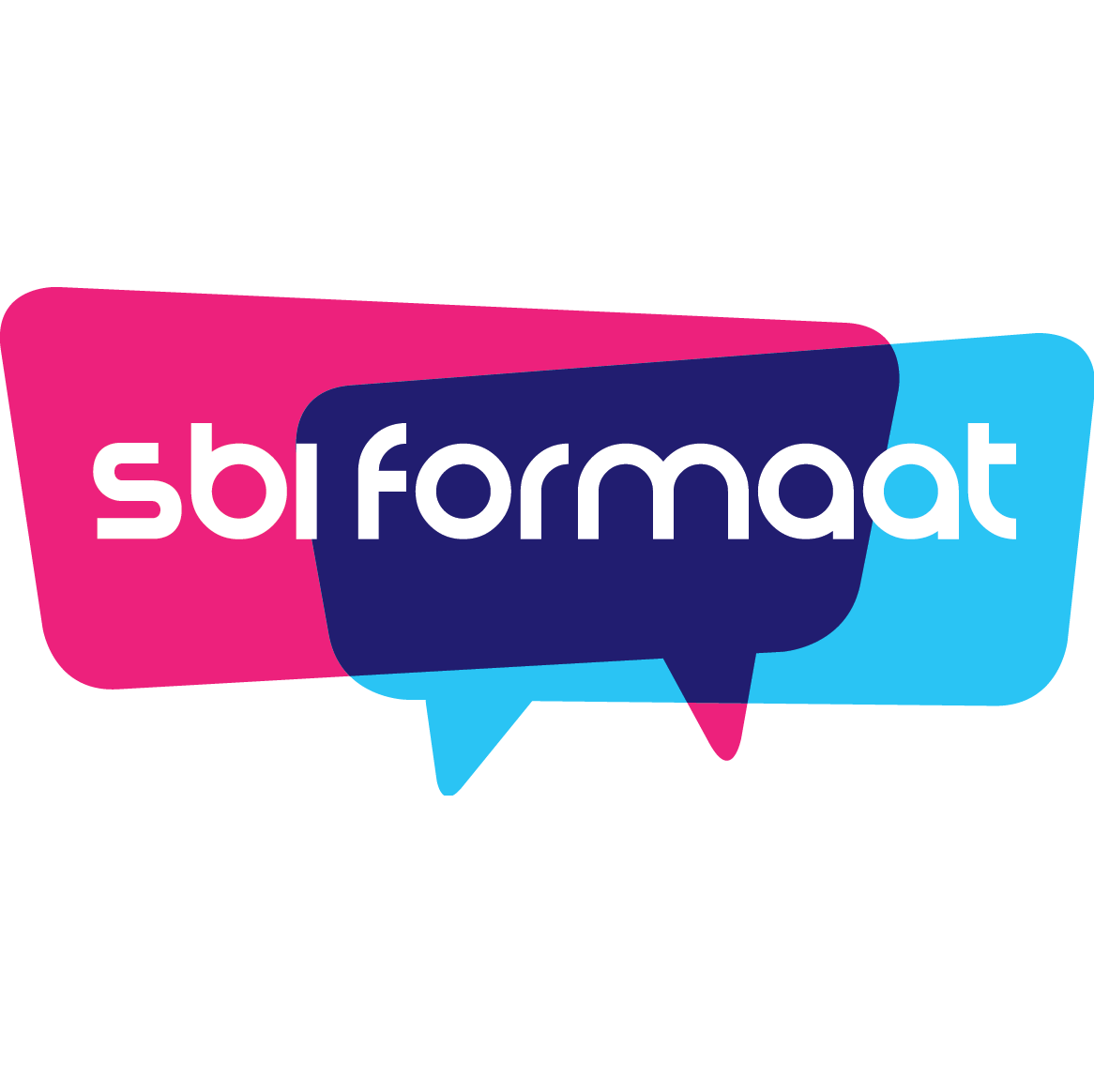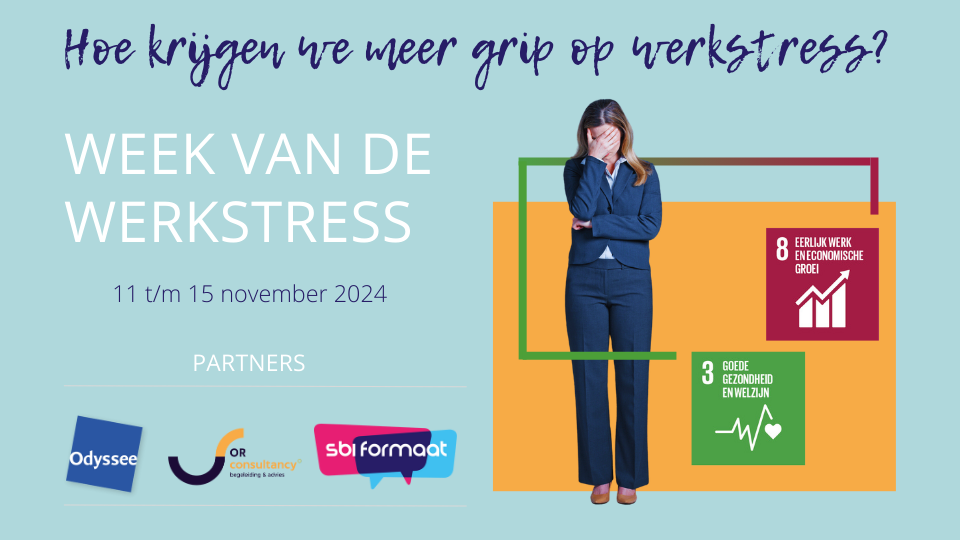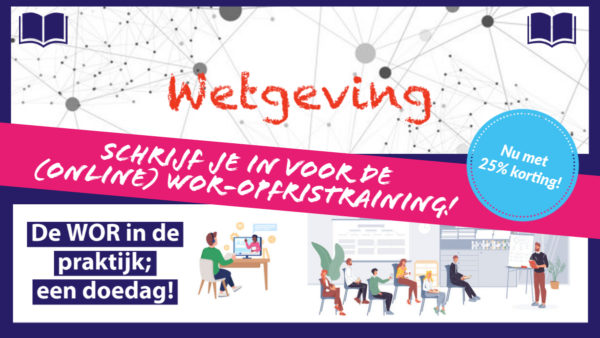We have at team of enthusiastic and dedicated EWC-trainers/advisers at our disposal. With the help of our EWC-Service, you’ll be able to get off to a flying start: we have been working in this area since the early stages of EWC’s (1994) and are more than happy to share our many years of practical experience with you. The EWC-Service relies on an extensive international network in the field of industrial relations and cooperates with a number of European trade unions. To ensure continuity, we allocate one permanent trainer/adviser to each EWC. If your permanent contact should be unavailable, one of our other team members will jump in.
The EWC-team publish regularly articles in relevant magazines on Employee representation and in 2011 they published their handbook: The practical guide for European Works Councils
Our EWC team members Arend Hamstra, Leander Boumans and Nick Mok are listed below.
 Arend Hamstra
Arend Hamstra
arend.hamstra@sbiformaat.nl
+31 (0)6-21525807
I enjoy working with groups, building a stronger representation of workers within a company. I believe strong companies are built on trust, collaboration and common goals with both workers and management. In the end with a good representation of workers, companies are more effective, more agile and attractive to work for. For the next generation we have to act now on climate change and I believe we all have to contribute towards a sustainable future. European Works Councils have the ability to play an important role in this for themselves, the company and future generations.
In my daily work, I help European works councils focus, develop the necessary skills and assist them as an advisor in the specific consultation processes. My dream is to work in good harmony towards a future where companies take a shared responsibility towards their workers, towards the planet and towards investors.
As a former union officer and owner of my own company I know how to run a business and to be negotiating on both sides. With my knowledge on different cultures, having lived in The Netherlands, France and New Zealand and worked in war-torn Afghanistan, I have learned to be cultural sensitive.
With my political background I understand how the games are played and am happy to share this knowledge.
I am able to give trainings and advise in Dutch, English, French and German.
 Leander Boumans
Leander Boumans
leander.boumans@sbiformaat.nl
+31 (0)6 25 56 71 43
Leander Boumans has more than six years of personal experience in a Works Council, of which two years as chair, being responsible for representing more than 3600 people. From his educational background, he has a very diverse understanding (business administration, leadership, communication, sales, law, finance, etc.). He has extended his knowledge in these fields during several different roles, of which within the Higher Education and as an advisor for startups. With English as his second native language, he has a degree from the Cambridge University in Business English.
As a quick and analytical thinker, he likes to find creative solutions for problems that arise. With his sensitivity for (intercultural) communication, he can address issues without harming relationships. And as a trainer and an expert he knows how to make the connection with people on their level.
At the EWC Service of SBI Formaat, Leander has become experienced with the EWC Directive and the different national transpositions, different EWC agreements and the Transfer of Undertaking directive. He is also experienced in working with EWC’s on, and training them in:
- (the issues of) teamwork
- information & consultation in practice
- personal leadership
- cultural communication
- communication strategy
- confidentiality issues
- technical chairing, and more.
During his trainings he focuses both on the EWC as a group, as on the individuals of the EWC. Depending on the learning style of the group, he can shift his training style from a purely theoretical framework to a fully interactive training.
 Nick Mok
Nick Mok
nick.mok@sbiformaat.nl
+31 (0)6 15 67 57 09
As industries and companies become increasingly global, I recognize the imperative need for co-determination to evolve alongside this shift.
Here’s my perspective:
In my experience, the globalization of industries and companies is an unstoppable force, driven by the relentless pursuit of growth, efficiency, and competitive advantage. As a professional observing this trend, I see businesses expanding beyond their traditional borders, seeking new markets, and tapping into international talent pools.
However, this expansion brings forth a challenge: the need for co-determination to keep pace with where decisions are actually being made. In my advisory role, I advocate for a co-determination model that is as dynamic and far-reaching as the companies themselves. It’s no longer sufficient for employee representation and participation to be confined to local or national levels when strategic decisions are being formulated in global headquarters or across continents.
I believe that for co-determination to be effective, it must mirror the global structure of the company. This means establishing channels for employee voices to be heard at the highest levels, where they can genuinely influence outcomes. It’s about ensuring that the decision-making process is inclusive, transparent, and reflective of the diverse workforce that contributes to the company’s success.
In essence, as companies grow globally, so too must the mechanisms for co-determination. It’s a matter of fairness, equity, and ultimately, the long-term sustainability of the business. By aligning co-determination with the locus of decision-making, we can create a more engaged, committed, and productive workforce, ready to meet the challenges of a global economy.
As a trainer/adviser for European Works Councils, my role is multifaceted and essential for the council’s success. Here’s what I do:
- Expert Guidance: I provide expert guidance on the legal framework and workings of an EWC, ensuring that members are well-informed about their rights and responsibilities.
- Skill Development: I equip EWC members with essential skills such as negotiation, relationship building, and effective communication, which are vital for advocating the workers’ perspective in discussions with management.
- Cultural Sensitivity: I help navigate the cultural and linguistic diversity within EWCs, fostering an environment where all members can understand and respect each other’s viewpoints.
- Strategic Advice: I offer strategic advice on financial and organizational matters, helping the EWC to function effectively during both regular operations and times of major change.
- Customized Training: I provide tailored training sessions to address the specific needs and challenges faced by an EWC, enhancing its overall effectiveness.
My goal is to ensure that EWCs operate as a strong, cohesive unit that effectively represents the interests of the workforce across different European countries.


